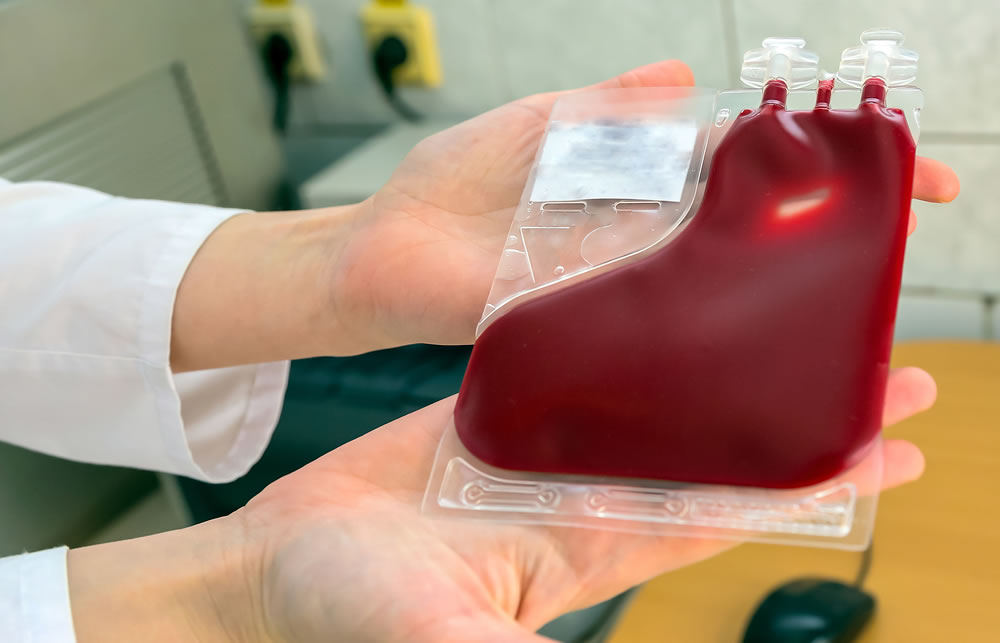In those first hours post-birth, most new mothers and fathers find themselves basking in the warm rush of love as they get to know their new arrival, but for some parents, their first concern is protecting their child from potential complications later down the line – particularly if there are existing health issues within families that could potentially be passed on.
When becoming a parent, the likelihood is that you’ll do anything it takes to protect your child – and if you’ve got the money to take out an insurance policy on their health, then all the better. There’s an increasing number of high net worth parents doing exactly that, paying thousands of pounds to have parts of their baby’s umbilical cord frozen in case of the unfortunate incident of them becoming unwell.
Umbilical cord blood and tissue are rich in stem cells, and can be stored with private companies for the future in case a child should get sick and need a related treatment. It can be used to treat the child for a range of different life-threatening diseases, and all in the place of standard pharmaceutical medications.
Over 30,000 blood and tissue units have been banked within the past year alone, and that number continues to surge as more and more people become aware of this simple yet vitally important option for protecting their baby’s future. For most, it’s a no brainer – and although it doesn’t come cheap, most would agree that you can’t put a number on your child’s health. So, despite the hefty costs involved, it’s rarely a tough decision for wealthy families to make.

According to regulator the Human Tissue Authority, there are seven private establishments that are licensed to process either cord blood or tissue in the UK, with thousands more globally. In America, cord blood bank Americord receives a huge number of samples each year for storage. As demanded increases, so too does the number of establishments offering this potentially life-saving service in all countries – but who exactly is choosing to use it?
In many cases, it’s a result of known gene mutations and hereditary illnesses within a family. Those who have been diagnosed with either are all too aware that the condition could be passed on to their child, and cord blood could be their saviour.
In some cases, cord blood cannot yet be used to treat these conditions – for example, those with the gene mutation BRCA1, which is known to cause breast cancer. But this hasn’t stopped parents pinning their hopes on cord blood and tissue, who believe that one day, as research continues to gather momentum, they might hold the key.
For some mothers, it’s not just about protecting their offspring, but about helping others’, too. Cord blood can also be donated to the public stem cell bank, the NHS Cord Blood Bank, or a bank run by a charity, such as the Anthony Nolan Trust.
The donations are not made for specific individuals, but are made available for public use. But when it comes to private banks, things are a little different, with samples only made available for the donor themselves and their families to use. Should one of their family members become ill with a stem cell treatable disease, such as blood cancer or immunodeficiencies, with any luck, there might be a perfect match.

Considering the fees involved, however, public blood banking is rightly considered to be a generous and altruistic act that has the potential to save the lives of complete strangers. Each year, public banks aim to collect a certain number of donations to ensure the best possible chance of finding a match for the majority of patients.
One thing is for certain; with the number of donations growing considerably with each year that passes, public support for blood cord banking is high. And amongst the wealthy, private cord blood and tissue banking is on the rise.
If there’s one thing you can’t put a price on, it’s the future health and happiness of your tiny new-born, and knowing you have a contingency plan in place should the worst occur gives many parents piece of mind.
For most, the hope is that they will never have to make use of the sample they have stored – but with life’s unexpected twists and turns, it isn’t always the case. Those who have had to do so are no doubt eternally grateful for their forward planning, and that they had the foresight to make a decision that could save their child’s life.






















